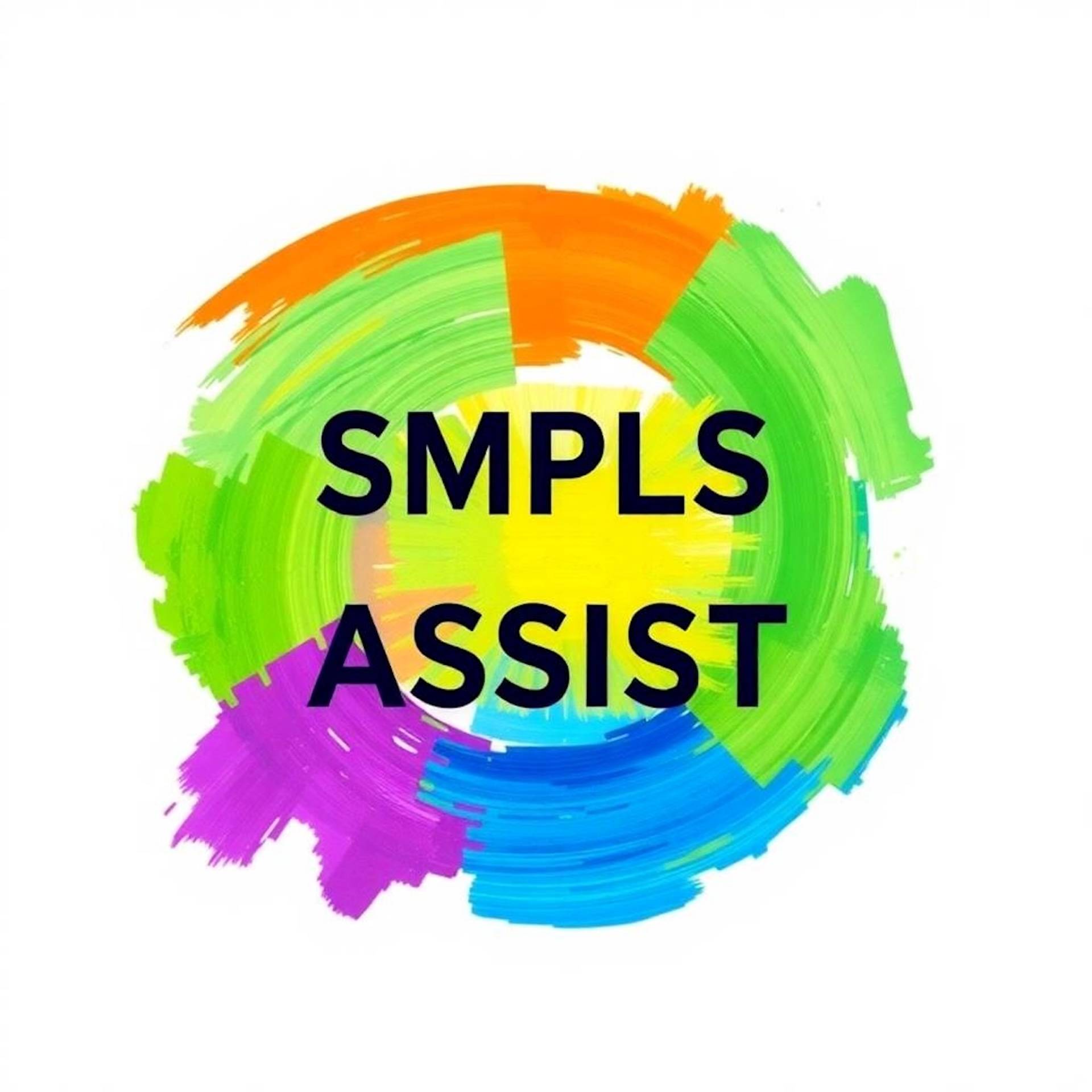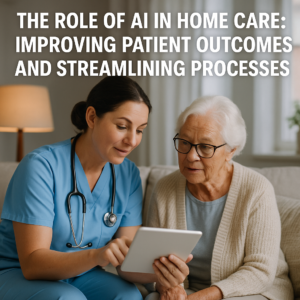Data analytics is playing an increasingly vital role in the management of aged care facilities. By harnessing the power of data, organizations can gain valuable insights into their operations and patient care. This information can help identify areas for improvement, streamline processes, and enhance overall service delivery. As the aged care sector continues to evolve, data-driven decision-making will become essential for success.
One of the key benefits of data analytics is its ability to improve risk management. By analyzing historical data, organizations can identify trends and potential risks, allowing them to take proactive measures. This not only enhances the safety of residents but also helps organizations comply with regulatory requirements. Furthermore, data can be used to monitor the effectiveness of care interventions, ensuring that residents receive the best possible support.
Moreover, data analytics can facilitate better communication among staff and stakeholders. By providing real-time access to information, teams can collaborate more effectively and make informed decisions. This transparency fosters a culture of accountability and continuous improvement within aged care facilities. As organizations embrace data analytics, they will be better positioned to meet the challenges of the future.





